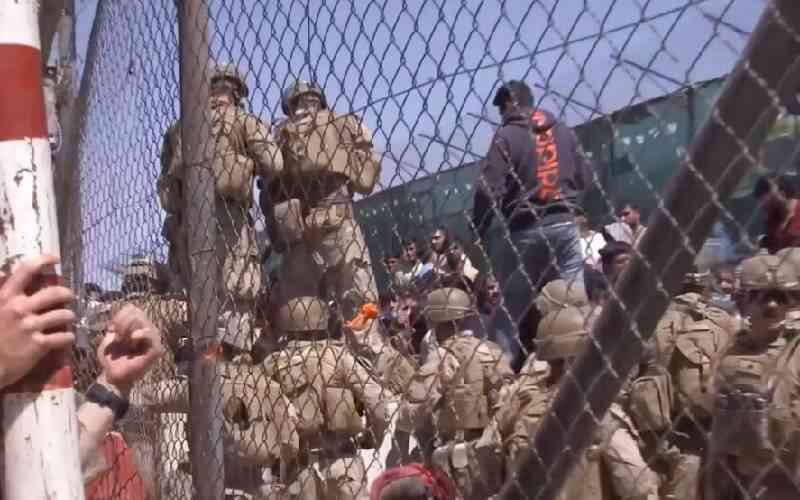×
The Standard e-Paper
Join Thousands Daily

The leader of the Islamic State terror group cell that carried out the August 2021 bombing that killed 13 U.S. troops and about 170 Afghan civilians is dead, slain during recent clashes with Afghanistan's ruling Taliban.
U.S. officials, who initially confirmed the death to VOA on the condition of anonymity in order to discuss the intelligence, declined to name the cell leader or say when or where he was killed.